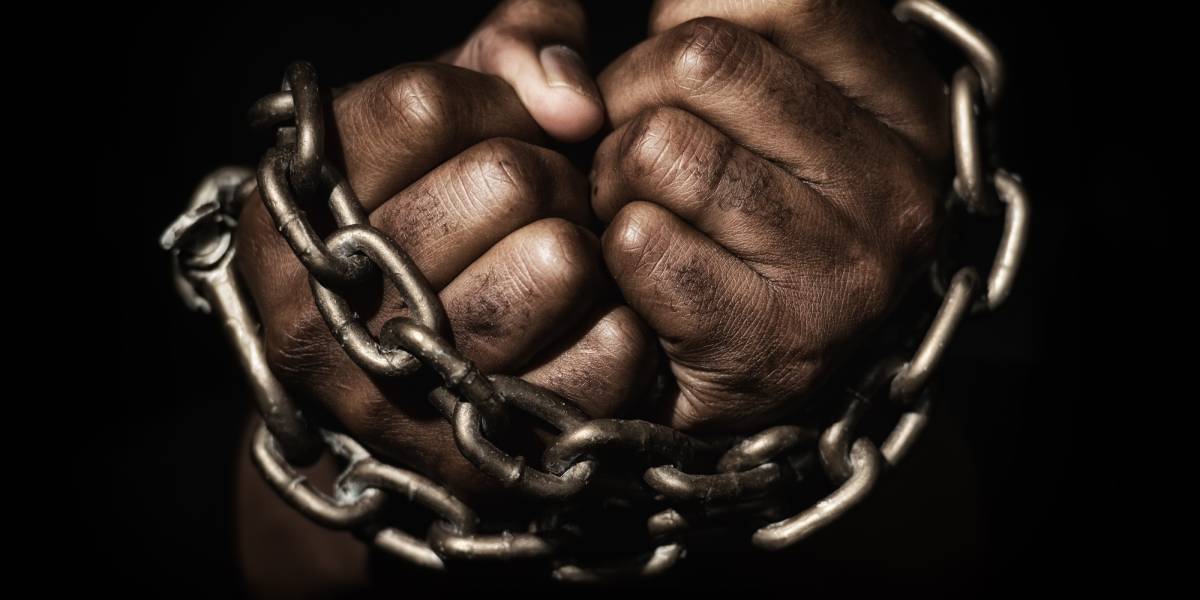
A delegation of nine Members of Parliament is currently on a research trip through Suriname, Curaçao and Bonaire. The delegation, led by D66 member Kiki Hagen, attended a commemoration on Thursday for the resistance hero Tula, who led a revolt on the island in 1795 and was executed for it. At the end of the trip, the MPs will jointly write a travel report, including their findings.
It is still unclear whether this will include a recommendation for apologies and reparations. On Curaçao those apologies cannot come soon enough. According to the NOS a small group of demonstrators was present at the commemoration accusing the Netherlands of having a WIC/VOC mentality.
Tilburg University has a database of countries that have apologized for human rights violations: political apologies. It contains 366 cases of apologies and expressions of regret from all over the world. A brief look at the database shows where apologies have been made before for transatlantic slavery. The apology must have come from a representative of the national government. Apologies from cities, such as Amsterdam, are not included.
Starting with the Netherlands. In 2001, D66 Minister Rogier van Boxtel expressed his deep regret for the history of slavery at a conference in South Africa. A year later, Crown Prince Willem-Alexander did the same in Ghana. In 2013, Social Affairs Minister Lodewijk Asscher expressed deep regret for the slavery past at a commemoration.
In Spain, Labor Minister Juan Carlos Aparicio pérez expressed regret for the slavery past in 2001.
Portugal never seems to have done so, but did make apologies for the persecution and expulsion of Jews.
France has apologized for the role of the Vichy regime during World War II. President Macron also asked Rwanda last year to forgive France’s role in the 1994 genocide.
Belgium has also apologized several times for crimes in its colonies, but slavery was not specifically among them.
British Labour Prime Minister Tony Blair expressed regret twice in 2006 and 2007 for the British role in the slave trade.
Then to South America. Brazilian President Lula da Silva apologized for slavery in 2005 during a visit to Senegal. In 2011, another Brazilian official also made apologies, again in Senegal.
In 2009, Peru apologized for centuries of “abuse, exclusion and discrimination” against people of African descent.
In the United States, the House of Representatives and the Senate made apologies for slavery in 2008 and 2009, in addition to apologizing to indigenous peoples.
Then Africa itself. Dahomey was a pre-colonial coastal state in West Africa. Shortly after independence from France, the country was named Benin, not to be confused with the pre-colonial Benin of the bronze statues. That in turn was located in present-day Nigeria.
Dahomey was a kingdom of the Fon, and sold the slaves it made in raids on the coast to European slave traders. President Mathieu Kérékou, who was not himself a member of the Fon, asked African Americans in 1999 for forgiveness for the role of Africans in slavery. A Benin minister and an ambassador to the U.S. again made apologies in 2000 and 2003.
This coming September, by the way, a film about Dahomey will be released: The Woman King. The Fon seem to be portrayed mainly as the victims of greedy Europeans and predatory neighboring peoples. Who knows, maybe this is a somewhat misleading trailer. In reality, Dahomey was one of the first countries to recognize an independent Brazil in 1822-1824 in order to secure slave trade relations.
Ghana had a tourism project in 2006, called Project Joseph, through which the country wanted to encourage people from the African diaspora to reconnect with the land of their ancestors. Part of the tour included an apology for slavery. However, this was not included in Tilburg’s database.
The Guardian wrote in 2009 about a Nigerian civil rights campaign that asked traditional kings, descendants of nineteenth-century slavers, to apologize. Those descendants, however, argued that they could not inherit guilt for crimes committed by their ancestors, and furthermore that those acts happened a very long time ago.